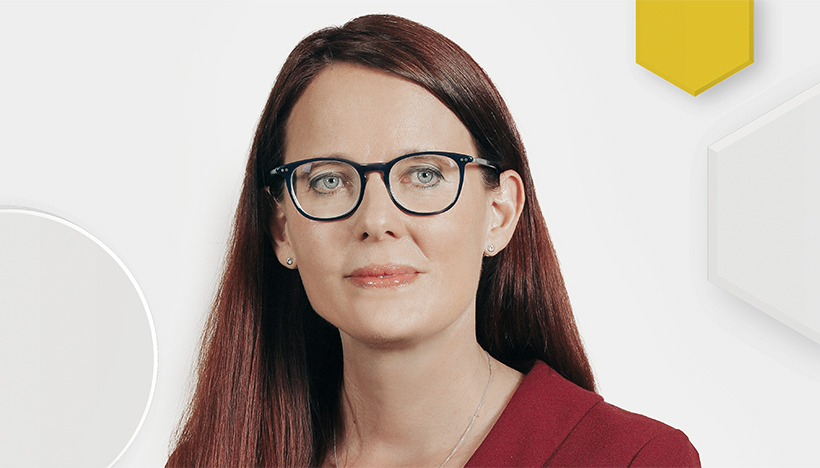Message from the Chief Financial Officer

High energy prices are affecting households and businesses globally, and the taxes paid by energy companies are under scrutiny. We, at Shell, believe in making a meaningful financial contribution to the countries where we operate by paying taxes. Taxes generate revenues for governments that allow them to invest in the development of their countries – in health systems, education, infrastructure – and to secure energy supplies.
In 2021, Shell paid $12.6 billion in corporate income taxes and government royalties after recording a profit before tax of $30 billion. This Tax Contribution Report is based on data from a year when the global economy was recovering from the COVID-19 pandemic and before the much higher energy prices we have seen in 2022. As I present this report, my first as Chief Financial Officer, I want to emphasise Shell’s continued commitment to increase transparency around the taxes we pay.
This report provides details of the corporate income tax we pay in 99 countries and locations. We have also provided details of our total tax contribution for 21 countries, building on the figures we disclosed for five countries in 2020. In addition, we have included information on the incentives we make use of in key markets and presented our views on how tax can play a major role in the energy transition. In the section on windfall taxes, we share our views on how additional taxes could be applied to energy producers. Shell advocates balanced tax policies that enable a stable investment climate and support a secure supply of energy. We recognise that governments must support consumers who are struggling to pay their bills. But we also believe that updated tax policies addressing higher prices should encourage further investment in renewable energies and new technologies. An example of such a policy is the recent US Inflation Reduction Act, which provides incentives to support the scaling-up of cleaner energies and aims to combat higher prices.
The tax landscape is changing and in 2021 the OECD proposed a framework to respond to the tax challenges of today’s digital economy where revenues can be earned outside of where businesses have their tax residences. This framework seeks to align taxes more closely with where revenues are actually earned and to introduce a global minimum level of corporate income tax at 15% for all profits made by multinationals, regardless of where they are located.
We support this framework as it is in line with our advocacy for a transparent, coordinated approach to improving the global tax system and ensuring that all governments receive a fair share of tax revenues. If the framework is implemented, we would expect to pay higher taxes in some countries where we operate because their corporate income tax rate is currently lower than 15%. We regularly review our entities in low-tax jurisdictions to ensure our presence aligns with our Responsible Tax Principles and that we are there for commercial reasons. Since 2019, we have closed 18 entities in low-tax jurisdictions, and we are liquidating another 33 entities. This review will continue.
I invite you to read this report, which shows how important it is for industry, governments and society to work together to build fair and stable tax systems. Through collaboration, I believe we can put fiscal policy to work in a manner that encourages investment in the energy transition and in countries’ economic and social development. Your feedback is valuable as we look to provide meaningful and insightful information on the taxes we pay.









